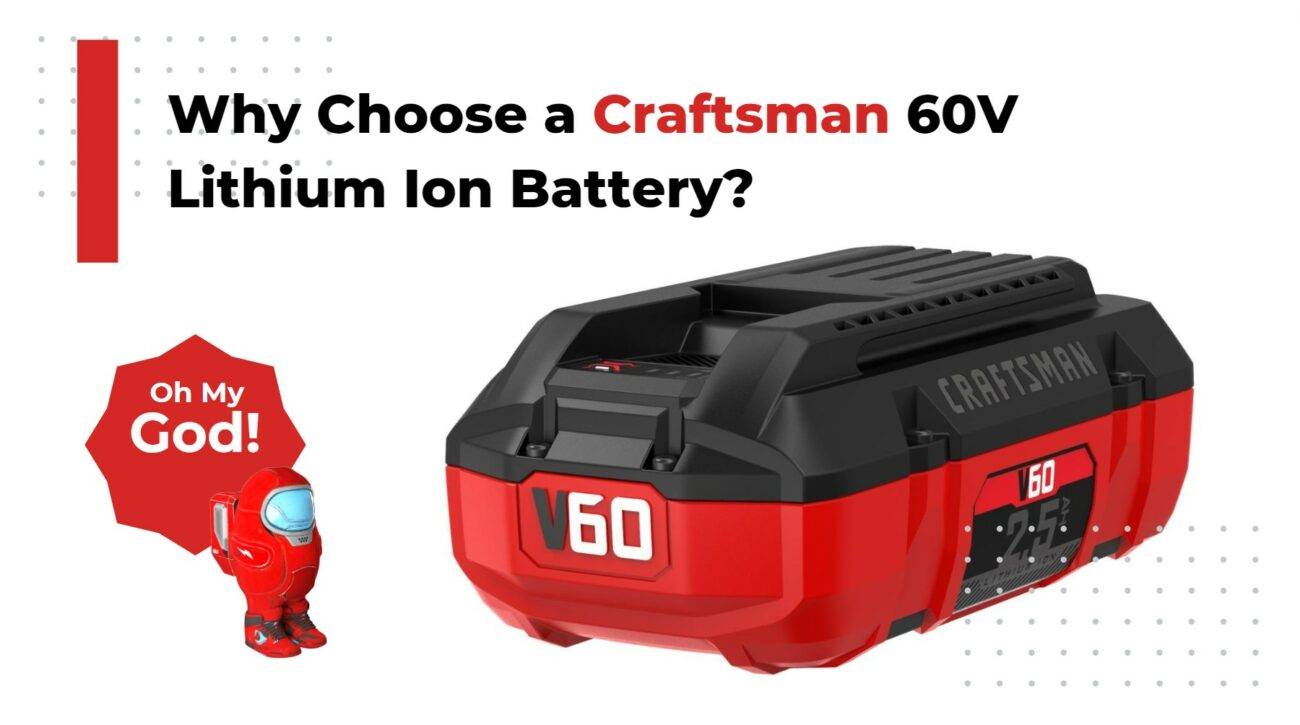- Lithium Golf Cart Battery
- Forklift Lithium Battery
-
48V
- 48V 210Ah
- 48V 300Ah
- 48V 420Ah (949 x 349 x 569 mm)
- 48V 420Ah (950 x 421 x 450 mm)
- 48V 456Ah
- 48V 460Ah (830 x 630 x 590 mm)
- 48V 460Ah (950 x 421 x 450 mm)
- 48V 460Ah (800 x 630 x 600 mm)
- 48V 460Ah (820 x 660 x 470 mm)
- 48V 500Ah
- 48V 560Ah (810 x 630 x 600 mm)
- 48V 560Ah (950 x 592 x 450 mm)
- 48V 600Ah
- 48V 630Ah
-
48V
- 12V Lithium Battery
12V 150Ah Lithium RV Battery
Bluetooth App | BCI Group 31
LiFePO4 Lithium
Discharge Temperature -20°C ~ 65°C
Fast Charger 14.6V 50A
Solar MPPT Charging - 24V Lithium Battery
- 36V Lithium Battery
- 48V Lithium Battery
-
48V LiFePO4 Battery
- 48V 50Ah
- 48V 50Ah (for Golf Carts)
- 48V 60Ah (8D)
- 48V 100Ah (8D)
- 48V 100Ah
- 48V 100Ah (Discharge 100A for Golf Carts)
- 48V 100Ah (Discharge 150A for Golf Carts)
- 48V 100Ah (Discharge 200A for Golf Carts)
- 48V 150Ah (for Golf Carts)
- 48V 160Ah (Discharge 100A for Golf Carts)
- 48V 160Ah (Discharge 160A for Golf Carts)
-
48V LiFePO4 Battery
- 60V Lithium Battery
-
60V LiFePO4 Battery
- 60V 20Ah
- 60V 30Ah
- 60V 50Ah
- 60V 50Ah (Small Size / Side Terminal)
- 60V 100Ah (for Electric Motocycle, Electric Scooter, LSV, AGV)
- 60V 100Ah (for Forklift, AGV, Electric Scooter, Sweeper)
- 60V 150Ah (E-Motocycle / E-Scooter / E-Tricycle / Tour LSV)
- 60V 200Ah (for Forklift, AGV, Electric Scooter, Sweeper)
-
60V LiFePO4 Battery
- 72V~96V Lithium Battery
- Rack-mounted Lithium Battery
- E-Bike Battery
- All-in-One Home-ESS
- Wall-mount Battery ESS
-
Home-ESS Lithium Battery PowerWall
- 24V 100Ah 2.4kWh PW24100-S PowerWall
- 48V 50Ah 2.4kWh PW4850-S PowerWall
- 48V 50Ah 2.56kWh PW5150-S PowerWall
- 48V 100Ah 5.12kWh PW51100-F PowerWall (IP65)
- 48V 100Ah 5.12kWh PW51100-S PowerWall
- 48V 100Ah 5.12kWh PW51100-H PowerWall
- 48V 200Ah 10kWh PW51200-H PowerWall
- 48V 300Ah 15kWh PW51300-H PowerWall
PowerWall 51.2V 100Ah LiFePO4 Lithium Battery
Highly popular in Asia and Eastern Europe.
CE Certification | Home-ESS -
Home-ESS Lithium Battery PowerWall
- Portable Power Stations
Can You Use a 12V Lithium-Ion Battery for a Car? A Comprehensive Guide
As advancements in battery technology continue to evolve, the question of whether a 12V lithium-ion battery can be used in a car is becoming increasingly relevant. This guide will delve into the specifics of using lithium-ion batteries in automotive applications, exploring their compatibility, benefits, limitations, and practical considerations.
Understanding Lithium-Ion Batteries in Automotive Applications
What is a 12V Lithium-Ion Battery?
A 12V lithium-ion battery is a type of rechargeable battery that uses lithium-ion technology to store and release electrical energy. Known for its high energy density and long lifespan, this battery type has gained popularity in various applications, including consumer electronics, solar energy systems, and increasingly in automotive settings.
Can You Use a 12V Lithium-Ion Battery in a Car?
Yes, you can use a 12V lithium-ion battery in a car, but there are several critical factors to consider. While lithium-ion batteries offer advantages such as reduced weight and longer life compared to traditional lead-acid batteries, their integration into a car’s electrical system requires careful consideration of the vehicle’s charging system and battery management.
Charging a Lithium-Ion Battery with a Car Alternator
Car Alternator Compatibility
A standard car alternator is designed to charge lead-acid batteries. When considering the use of a lithium-ion battery, it’s crucial to ensure that the alternator can handle the specific requirements of lithium technology. Lithium-ion batteries require precise charging to maintain their health and efficiency.
Temperature Compensation and Current Limiting
Temperature compensation is essential for charging lithium-ion batteries effectively. Lithium batteries can be sensitive to temperature variations, and their performance can degrade if not properly managed. A high-quality alternator with temperature compensation and current limiting features is recommended to prevent overheating and avoid damage to both the battery and alternator.
Jump Starting a Car with a Lithium-Ion Battery
Lithium Battery Jump Starters
When it comes to jump-starting a car, a lithium battery jump starter can be a valuable tool. Unlike traditional lead-acid jump starters, lithium jump starters are more compact, lighter, and less prone to overheating. They are particularly advantageous in hot weather conditions and can offer reliable performance for jump-starting vehicles.
Lead-Acid Battery vs. Lithium Battery: Which is Better?
Comparing Performance and Durability
Lead-acid batteries have long been the standard for automotive applications due to their affordability and robustness. However, lithium-ion batteries provide several benefits, including a higher energy density, longer lifespan, and reduced weight. Despite these advantages, lithium batteries can be more expensive and require specialized charging systems.
Temperature Tolerance and Charging Efficiency
Lithium batteries typically have a better tolerance for high temperatures but can struggle in cold conditions. Lead-acid batteries, on the other hand, perform better in freezing temperatures. For automotive use, considering the climate and intended usage is crucial in choosing the right battery type.
The Necessity of a DC-to-DC Charger for Lithium Batteries
Why a DC-to-DC Charger is Essential
A DC-to-DC charger is necessary for managing the power input to a lithium-ion battery effectively. Unlike lead-acid batteries, lithium batteries require a specific charging profile to maximize their lifespan and performance. A DC-to-DC charger ensures that the battery receives the correct voltage and current, thereby protecting the battery management system (BMS) and ensuring optimal operation.
Potential Problems with Lithium Batteries in Cars
Carbon Footprint and Energy Consumption
The production of lithium batteries involves significant energy consumption and has a notable carbon footprint. The manufacturing process, from mining to assembly, requires substantial energy, much of which is derived from fossil fuels. This environmental impact is a consideration for those opting for lithium technology.
Freezing Temperatures and Battery Performance
Lithium batteries are not well-suited for extreme cold conditions. Charging or using a lithium battery in freezing temperatures can cause damage and reduce its lifespan. In contrast, lead-acid batteries generally perform better under such conditions, making them a more practical choice for colder climates.
Running Lithium Batteries on a Stock Alternator
Alternator Quality and Voltage Regulation
A stock alternator may be capable of running lithium-ion batteries, provided it has adequate quality and voltage regulation. Low-quality alternators with poor regulation can trigger the BMS to disconnect the battery, potentially leading to alternator damage and operational issues. For optimal performance, ensure that your alternator is compatible with lithium technology and has appropriate voltage control features.
Can Freezing a Lithium Battery Restore Its Functionality?
Risks of Freezing Lithium Batteries
Freezing a lithium battery is sometimes suggested as a method to revive a dead battery. However, this approach carries significant risks. Freezing temperatures can cause moisture condensation inside the battery, potentially leading to internal damage and reduced performance. This method is generally not recommended and may do more harm than good.
Using Lithium Batteries for Cranking Applications
Lithium Batteries as Cranking Batteries
For vehicles such as cars, trucks, or RVs, lithium batteries are generally not recommended as cranking batteries due to their discharge characteristics and power requirements. However, lithium batteries like the X2Power LiFePO4 are suitable for smaller applications such as motorcycles, jet skis, and ATVs, where their advantages can be fully utilized.
Conclusion: Evaluating Lithium-Ion Batteries for Automotive Use
12V lithium-ion batteries present a viable alternative to traditional lead-acid batteries in certain automotive applications. Their benefits include lighter weight, longer lifespan, and improved energy density. However, their integration into vehicle systems requires attention to charging and temperature management. Proper use of a DC-to-DC charger, a compatible alternator, and understanding the environmental considerations are key to optimizing the performance and longevity of lithium batteries in automotive settings.
For those considering upgrading to lithium technology, understanding these factors will ensure a smoother transition and better performance. Redway Power offers top-tier LiFePO4 lithium batteries that meet high standards for performance and reliability, making them an excellent choice for various applications, including custom solutions for golf carts and other specialized needs.


















